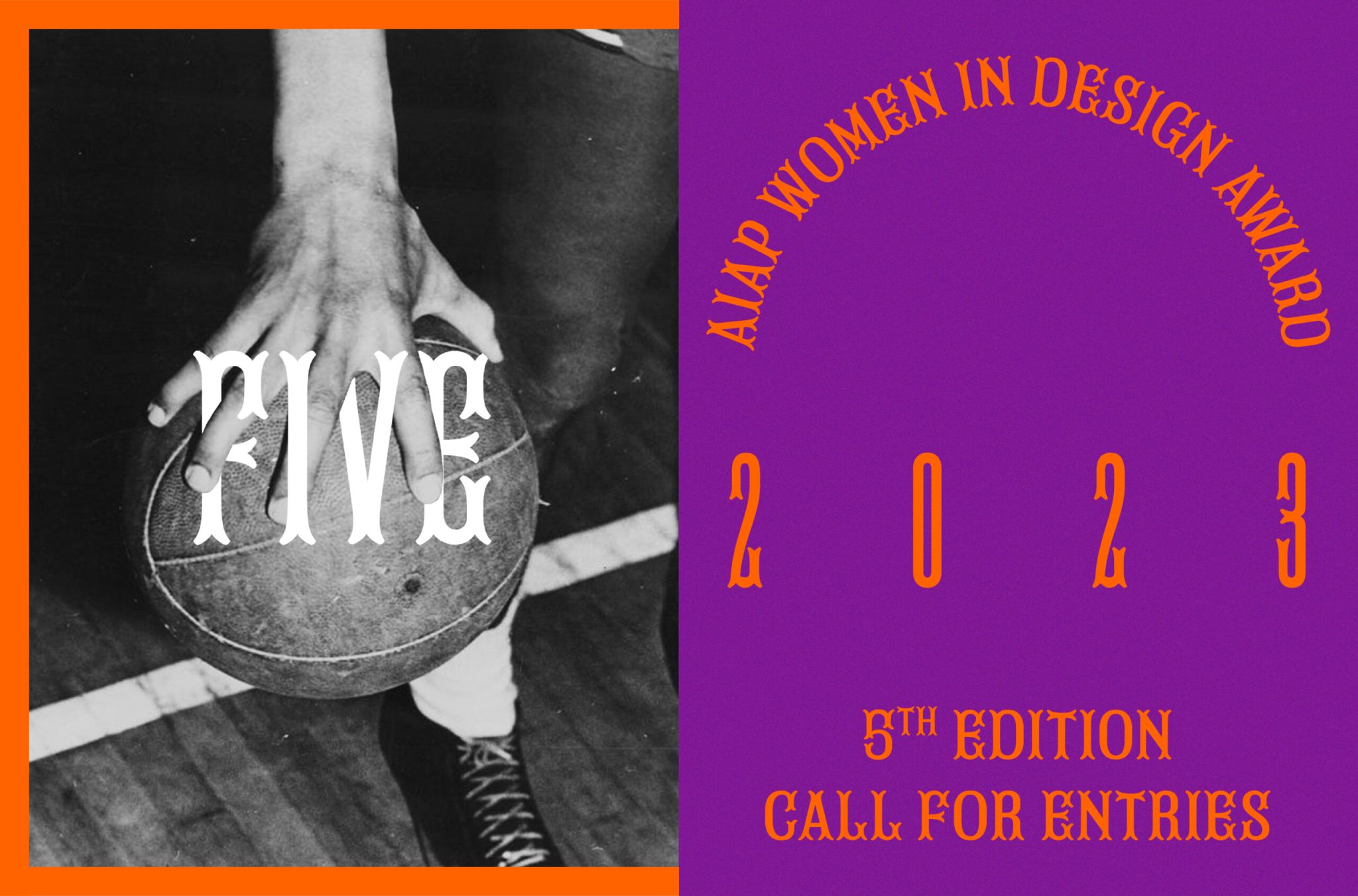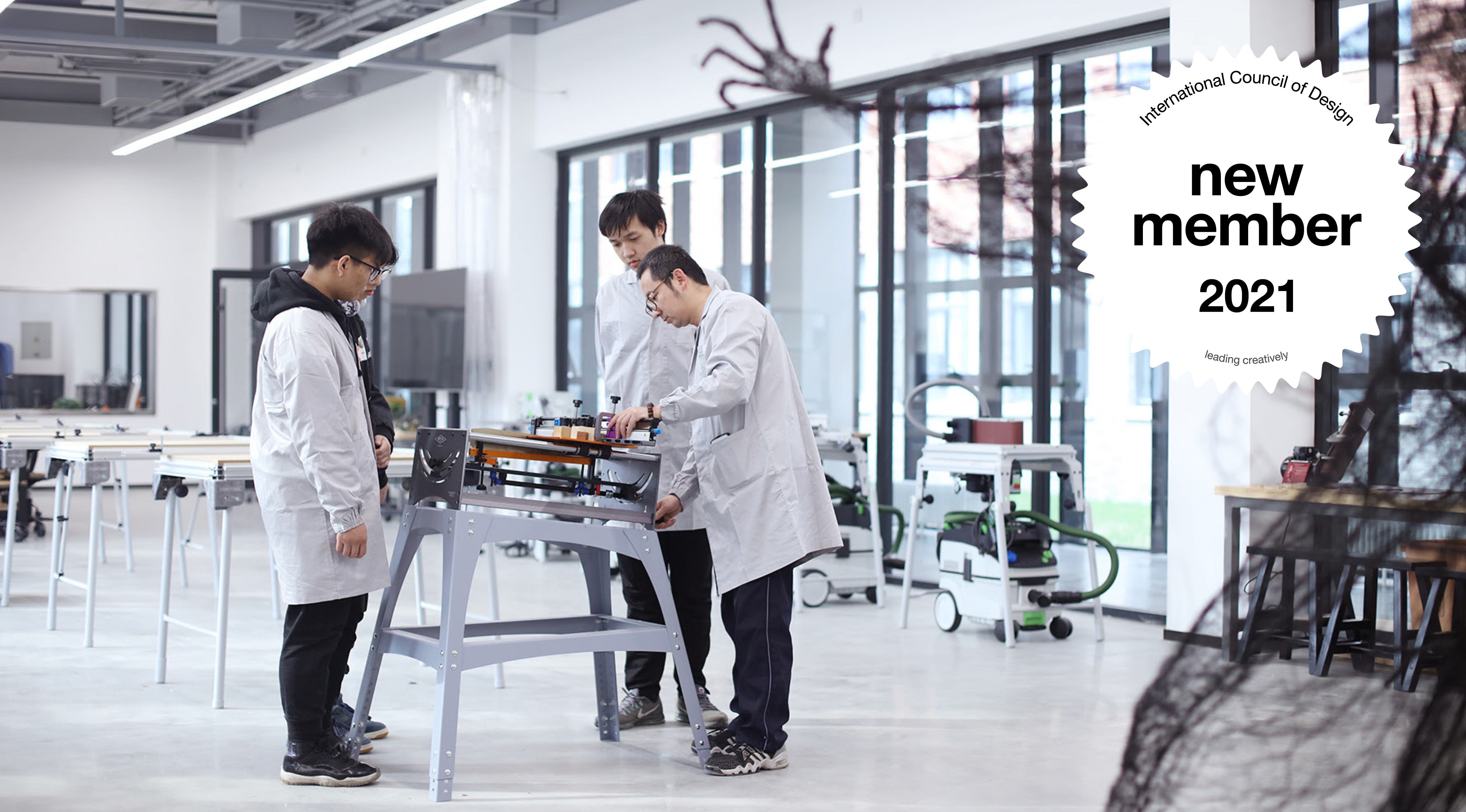CHANGING THE CHANGE ENDORSED BY ICOGRADA

11.12.2007 News
Milano (Italy) - Organised under the leadership of Prof. Ezio Manzini
at the Politecnico di Milano, "Changing the Change" is an international
conference on the role and potential of design research in the
transition towards sustainability. The event is included within the
World Design Capital® Torino 2008 celebrations and seeks to make a
significant contribution to a necessary transformation that involves
changing the direction of current changes toward a sustainable future.
From the 10-12 July 2008, design researchers will join invited keynote
speakers at the Politecnico di Torino to paint a clearer picture of
common ground.
"The theme of the conference challenges us all to think differently about what it means to be a designer in a transforming society. It is a great example of how Icograda's membership put our vision of 'leading creatively' into action," said Brenda Sanderson, Icograda's Managing Director. "Moreover, the approach of bringing all design disciplines together supports our vision for the International Design Alliance (IDA): doing things together that cannot be done alone."
About the conference
Something that we know very well about the present is that the world is changing, rapidly and profoundly. The only certain thing that we know about the future is that the current change must change direction, it must find the way to sustainability.
Nobody is yet in a position to say how this can happen. However, many think that the greatest challenge we must face is this one: how to be an active, constructive part of this twofold transformation; and how to be able to interpret how and to what extent we are changing, recognising the opportunities that are opening up, and the forces that generate this change. We should learn to use these same forces to "change the change" and promote a social learning process that can lead us towards a society based on networking, knowledge and sustainability.
Contemporary design (seen as the community of all who operate in the design field, in different ways) is deep in this turbulent process, both transforming it and being transformed by it. Given its nature it cannot but be like this. However, in this turbulence, we do not have, and cannot have, a clear vision of what is happening. What is design doing today? What could it be like and how could it operate in this context of ongoing transformation? What is it doing, or what could it be doing, to play a more incisive critical and constructive role in the great twofold transformation underway?
These are not new questions, but they must constantly be asked. Not only because the world is rapidly changing, but also because despite the good intentions of many, design still continues to be far more "part of the problem" than "part of the solution"; serving more to accelerate unsustainable processes rather than promoting new ways of being and doing to help individuals and communities live better, reduce their ecological footprint and regenerate the social fabric.
The conference "Changing the Change" starts with these considerations and seeks to be an occasion for presenting visions, proposals and tools that emerge from precise and documentable design research.
If indeed design wants to be "part of the solution" it must, perhaps first and foremost, develop a new research culture and new research practices: open research, sensitive to present contexts, that leads to a better understanding of the great changes underway; that offers designers tools to facilitate movement within them; and that enable designers to be promoters of a radical way of changing the direction of these great changes.
In this spirit the conference seeks to be a confrontation and discussion ground for designers and researchers operating in different cultural, economic and political contexts (in this perspective, a substantial participation from the East and South of the World will be actively encouraged).
A recognition of the transformations undergone and underway in contemporary reality will be a trait common to all speakers, together with the intention of stepping forward as agents for a possible and positive re-orientation. From here onwards all options will be possible and all roads will be open. The value of the conference will lie precisely on this multiplicity and openness of the directions put forward.
The conference will mainly be a meeting point for academics, researchers and research students in the field of design theory and practice. However, in uniting a high academic level with the effort to present concrete results of activities carried out, it will also be of considerable interest to the wider design community and to those economic and social operators who recognise the potential of design practice and design research.
Aims
The conference has a double aim:
1. to consolidate a design research culture and practice orientated towards a constructive critical attitude able to reach all design disciplines. The conference intends to focus on the way in which the question of "changing the change" is present and widespread throughout the research community and in relation to all design fields: from product design to communication design; from interior design to interaction, service and strategic design; from social design to fashion design
2. to outline the state-of-the-art of contributions that design research is today able to bring to social conversation about the future. The conference seeks to bring visibility to significant results. This with particular attention to visions of the future, to feasible solutions and to tools to help bring them into being. It will also enable us to make of the conference and its published output a tool for communication with the outside world; a tool able to demonstrate what design research can offer today to help re-orientate the transformation underway.
In view of these aims, the conference will centre on the presentation of research results that could make a positive contribution to "changing the change". It will welcome contributions that take as their starting point transformations that have already taken place and those underway, and the necessity to re-orient them towards more sustainable outcomes. It hopes to present the widest range of possible world visions, feasible proposals and the design tools that could bring them into being.
International committee
The International Advisory Committee includes design research experts from around the globe:
- Jorge Frascara, University of Alberta (International advisory committee coordinator)
- Roberto Bartholo, Universidade Federal do Rio de Janeiro
- Luigi Bistagnino, Politecnico di Torino
- Luisa Collina, Politecnico di Milano
- Rachel Cooper, University of Lancaster
- Nigel Cross, Open University
- Victor Margolin, University of Illinois at Chicago
- Stefano Marzano, Philips Design
- Fumi Masuda, Tokyo Zokei University
- Bill Moggridge, IDEO
- Mugendi M Rithaa, Cape Peninsula University of Technology
- Geetha Narayanan, Srishti School of Art, Design and Technology
- Gunter Pauli, Zeri
- Yrjo Sotamaa, University of Art and Design Helsinki
- Lou Yongqi, Tongji University
Call for papers and visualisations
The call for papers an visualisations is currently open. Complete information is available online .
Key dates
21 January 2008: Deadline for abstracts and draft visualisations
03 March 2008: Accepted abstracts and visualisations
26 May 2008: Full papers and final visualisations
Endorsements
In addition to Icograda's endorsement, the conference has been endorsed by BEDA and CUMULUS.
For further information please contact:
Carla Cipolla
E: contact@changingthechange.org
About the Politecnico di Milano
The Politecnico di Milano was established in 1863 by a group of scholars and entrepreneurs belonging to prominent Milanese families.The Politecnico di Milano is now ranked as one of the most outstanding European universities in Engineering, Architecture and Industrial Design, and in many disciplines is regarded as a leading research institution worldwide. The Politecnico di Milano is a member of the Icograda Education Network.
About the Icograda Education Network
The Icograda Education Network (IEN) brings together the worldwide community of communication design education institutions. Its objectives include creating opportunities for exchange and collaboration at all levels of design education; examining current and future needs and challenges of design education; advancement of teaching methods and research opportunities; organising collaborative projects, seminars, symposia, conferences; and sharing experiences for mutual benefit.
"The theme of the conference challenges us all to think differently about what it means to be a designer in a transforming society. It is a great example of how Icograda's membership put our vision of 'leading creatively' into action," said Brenda Sanderson, Icograda's Managing Director. "Moreover, the approach of bringing all design disciplines together supports our vision for the International Design Alliance (IDA): doing things together that cannot be done alone."
About the conference
Something that we know very well about the present is that the world is changing, rapidly and profoundly. The only certain thing that we know about the future is that the current change must change direction, it must find the way to sustainability.
Nobody is yet in a position to say how this can happen. However, many think that the greatest challenge we must face is this one: how to be an active, constructive part of this twofold transformation; and how to be able to interpret how and to what extent we are changing, recognising the opportunities that are opening up, and the forces that generate this change. We should learn to use these same forces to "change the change" and promote a social learning process that can lead us towards a society based on networking, knowledge and sustainability.
Contemporary design (seen as the community of all who operate in the design field, in different ways) is deep in this turbulent process, both transforming it and being transformed by it. Given its nature it cannot but be like this. However, in this turbulence, we do not have, and cannot have, a clear vision of what is happening. What is design doing today? What could it be like and how could it operate in this context of ongoing transformation? What is it doing, or what could it be doing, to play a more incisive critical and constructive role in the great twofold transformation underway?
These are not new questions, but they must constantly be asked. Not only because the world is rapidly changing, but also because despite the good intentions of many, design still continues to be far more "part of the problem" than "part of the solution"; serving more to accelerate unsustainable processes rather than promoting new ways of being and doing to help individuals and communities live better, reduce their ecological footprint and regenerate the social fabric.
The conference "Changing the Change" starts with these considerations and seeks to be an occasion for presenting visions, proposals and tools that emerge from precise and documentable design research.
If indeed design wants to be "part of the solution" it must, perhaps first and foremost, develop a new research culture and new research practices: open research, sensitive to present contexts, that leads to a better understanding of the great changes underway; that offers designers tools to facilitate movement within them; and that enable designers to be promoters of a radical way of changing the direction of these great changes.
In this spirit the conference seeks to be a confrontation and discussion ground for designers and researchers operating in different cultural, economic and political contexts (in this perspective, a substantial participation from the East and South of the World will be actively encouraged).
A recognition of the transformations undergone and underway in contemporary reality will be a trait common to all speakers, together with the intention of stepping forward as agents for a possible and positive re-orientation. From here onwards all options will be possible and all roads will be open. The value of the conference will lie precisely on this multiplicity and openness of the directions put forward.
The conference will mainly be a meeting point for academics, researchers and research students in the field of design theory and practice. However, in uniting a high academic level with the effort to present concrete results of activities carried out, it will also be of considerable interest to the wider design community and to those economic and social operators who recognise the potential of design practice and design research.
Aims
The conference has a double aim:
1. to consolidate a design research culture and practice orientated towards a constructive critical attitude able to reach all design disciplines. The conference intends to focus on the way in which the question of "changing the change" is present and widespread throughout the research community and in relation to all design fields: from product design to communication design; from interior design to interaction, service and strategic design; from social design to fashion design
2. to outline the state-of-the-art of contributions that design research is today able to bring to social conversation about the future. The conference seeks to bring visibility to significant results. This with particular attention to visions of the future, to feasible solutions and to tools to help bring them into being. It will also enable us to make of the conference and its published output a tool for communication with the outside world; a tool able to demonstrate what design research can offer today to help re-orientate the transformation underway.
In view of these aims, the conference will centre on the presentation of research results that could make a positive contribution to "changing the change". It will welcome contributions that take as their starting point transformations that have already taken place and those underway, and the necessity to re-orient them towards more sustainable outcomes. It hopes to present the widest range of possible world visions, feasible proposals and the design tools that could bring them into being.
International committee
The International Advisory Committee includes design research experts from around the globe:
- Jorge Frascara, University of Alberta (International advisory committee coordinator)
- Roberto Bartholo, Universidade Federal do Rio de Janeiro
- Luigi Bistagnino, Politecnico di Torino
- Luisa Collina, Politecnico di Milano
- Rachel Cooper, University of Lancaster
- Nigel Cross, Open University
- Victor Margolin, University of Illinois at Chicago
- Stefano Marzano, Philips Design
- Fumi Masuda, Tokyo Zokei University
- Bill Moggridge, IDEO
- Mugendi M Rithaa, Cape Peninsula University of Technology
- Geetha Narayanan, Srishti School of Art, Design and Technology
- Gunter Pauli, Zeri
- Yrjo Sotamaa, University of Art and Design Helsinki
- Lou Yongqi, Tongji University
Call for papers and visualisations
The call for papers an visualisations is currently open. Complete information is available online .
Key dates
21 January 2008: Deadline for abstracts and draft visualisations
03 March 2008: Accepted abstracts and visualisations
26 May 2008: Full papers and final visualisations
Endorsements
In addition to Icograda's endorsement, the conference has been endorsed by BEDA and CUMULUS.
For further information please contact:
Carla Cipolla
E: contact@changingthechange.org
About the Politecnico di Milano
The Politecnico di Milano was established in 1863 by a group of scholars and entrepreneurs belonging to prominent Milanese families.The Politecnico di Milano is now ranked as one of the most outstanding European universities in Engineering, Architecture and Industrial Design, and in many disciplines is regarded as a leading research institution worldwide. The Politecnico di Milano is a member of the Icograda Education Network.
About the Icograda Education Network
The Icograda Education Network (IEN) brings together the worldwide community of communication design education institutions. Its objectives include creating opportunities for exchange and collaboration at all levels of design education; examining current and future needs and challenges of design education; advancement of teaching methods and research opportunities; organising collaborative projects, seminars, symposia, conferences; and sharing experiences for mutual benefit.

relatedarticles

04.05.2021 News
in memoriam: essam abu awad (1958-2021)

10.16.2020 News
in memoriam: yu bingnan (1933–2020)

10.02.2020 News

